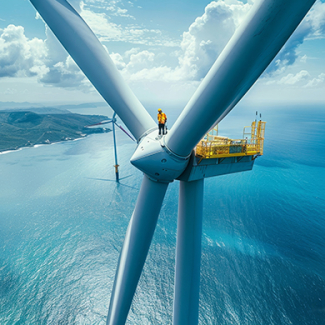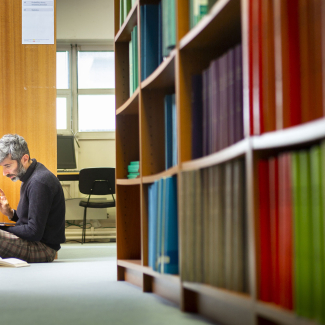Collective scientific expertise
Based on rigorous methodology, and ensuring both quality and objectivity, institutional scientific expertise aims to enlighten public decision making and debates relating to major societal issues.
Scientific expertise in the service of public decision making and debate
Based on the multidisciplinary strength of the CNRS, collective scientific expert reviews gather and analyse dispersed scientific knowledge on an international level. The key objective is to help understand complex societal issues at the request of public decision makers, or via self-referral. Each expert review culminates in a report, a synthesis, and a summary accessible to a large audience.
It is distinct from research activity or studies aiming to produce new knowledge, or individual productions of expertise for the media, enterprises, etc.
This activity is overseen by the Mission for Scientific Expertise (MPES), which mobilises scientific collectives in accordance with a rigorous methodology ensuring the quality as well as the credibility of the expert review:
Instruction
Completion
Showcasing expertise
The CNRS Institutional Scientific Expertise Charter
The CNRS Institutional Scientific Expertise Charter outlines four fundamental principles that ensure the quality and credibility of scientific expertise:
Competence
Transparency
Independence
Impartiality
The CNRS actors involved in collective scientific expertise
The MPES
The Scientific Expertise Steering Committee
The Monitoring Committee
Scientific leaders
Experts
Ongoing expert reviews
CNRS scientists tasked with conducting an expert review are held to a certain reserve throughout the effort. All requests for information regarding ongoing expert reviews should be sent, with respect to the CNRS, to the MPES (mpes@cnrs.fr).
Scientists who would like to participate in an expert review are invited to present themselves to the MPES (mpes@cnrs.fr), indicating the title of the expert review in question, justifying their competency in the field of expertise, and attaching their CV.
Completed expert reviews
Each collective scientific expert review culminates in a public report. This report is collectively approved by the group of experts, whose composition it presents. The CNRS is not responsible for the uses made by the reports and syntheses it publishes.
Acoustic impact of offshore wind projects on marine wildlife (November 2021)
Other expert reviews involving the CNRS before the creation of the dedicated institutional mission
Eutrophication: manifestations, causes, consequences and predictability (November 2017)
Incestuous sexual violence against minors (April 2017)
The environmental impact of the exploitation of deep-sea mineral resources (June 2014)
Herbicide-tolerant plant varieties. Agronomic, environmental, and socioeconomic effects (November 2011)
Photo Credit: © Christian MOREL / LISN / CNRS Image




